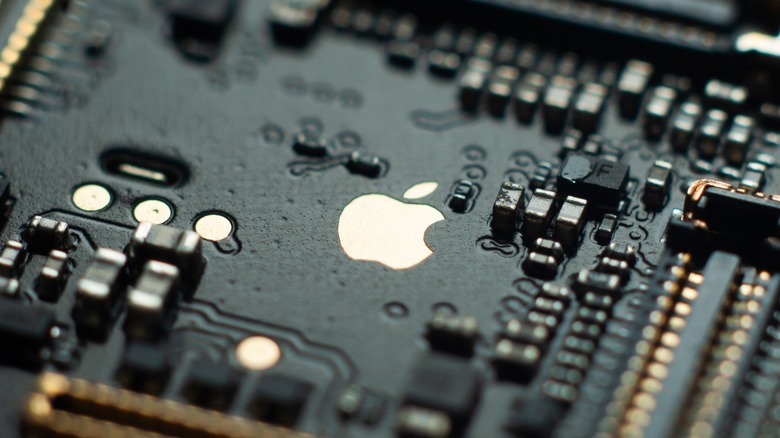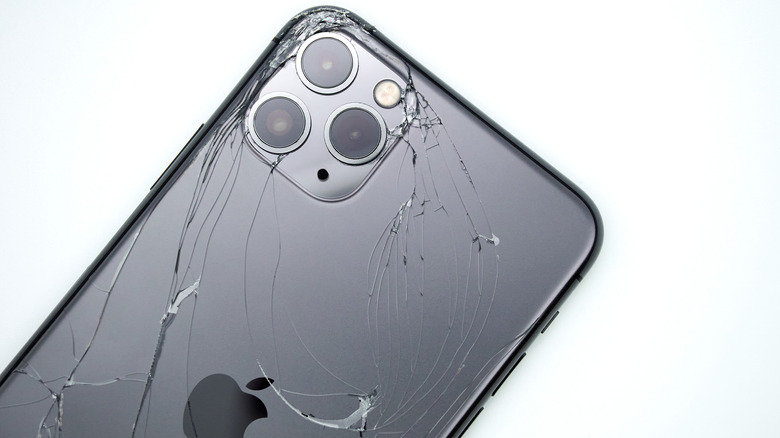Apple Backs California Bill In Surprising Support Of Right To Repair
Apple's track record of allowing easy and affordable repairs hasn't been stellar, but the company is now making course corrections. After opening the route to self-repair across its iPhone and Mac portfolio, the company has now lent support for California's right-to-repair bill. Apple says it will support the Right to Repair (SB 244) bill as long as it doesn't pose a risk to safety and data security for its customers and repairs with non-genuine parts are properly disclosed, among other things.
"We are happy to continue to engage in further, more substantive discussion of the key provisions we believe are essential to a Device Repair bill that prioritizes consumer choice and reliable repairs," wrote Apple's legal affairs executive Michael Foulkes in a letter to California senator Susan Eggman, as acquired by The Verge. The bill requires OEMs to provide genuine repair parts and detailed product information to independent consumer repair shops and consumers. The bill passed the California Senate unanimously after nearly half a decade's worth of efforts by organizations like the Public Interest Research Groups (PIRG).
"After a decade of fighting against Right to Repair, Apple has decided to support our legislation," remarked Repair.org Executive Director Gay Gordon-Byrne. While Apple has warmed up to repairs, the situation still isn't ideal. According to iFixit, which performed part swaps for the current-gen iPhone 14 series models, Apple continues its streak of non-repair-friendly engineering. Apple is also under investigation in France over similar repair restrictions.
Apple has historically opposed right to repair
Apple's about-face is remarkable, especially in the context of California. In 2019, an Apple lobbyist met with the state's Privacy and Consumer Protection Committee and pushed them to nix the plans citing safety risks. According to Motherboard, the Apple lobbyist brandished an iPhone in the meeting and claimed customers could accidentally puncture the flammable Lithium-ion battery and hurt themselves. Subsequently, Eggman, who was sponsoring the bill, pulled the proposal. Two years before that, Apple reportedly had a lobbyist to block similar plans in New York.
The lobbying was allegedly spearheaded by a group called CompTIA, which represented the likes of Apple, Samsung, and Microsoft. The key argument was that releasing product documentation and proprietary diagnostic software would allow hackers to misuse the devices for criminal acts. The companies were pushing for customers to stick with repair and servicing at authorized outlets, which are quite pricey. Moreover, Apple and its ilk forced independent repair outlets to join its "Apple Authorized Service Provider Program," which was not exactly economical for them either.
In the not-too-distant past, Apple was publicly criticized for making device repairs seemingly unnecessarily complex. Apple's strategy of part matching, such as locking Face ID to the screen, also drew widespread criticism from right-to-repair activists. In 2017, a report released by Repair.Org claimed that companies like Apple "have consistently blocked meaningful criteria that would influence their product design, including strong incentives to encourage design for repair or recycling."

